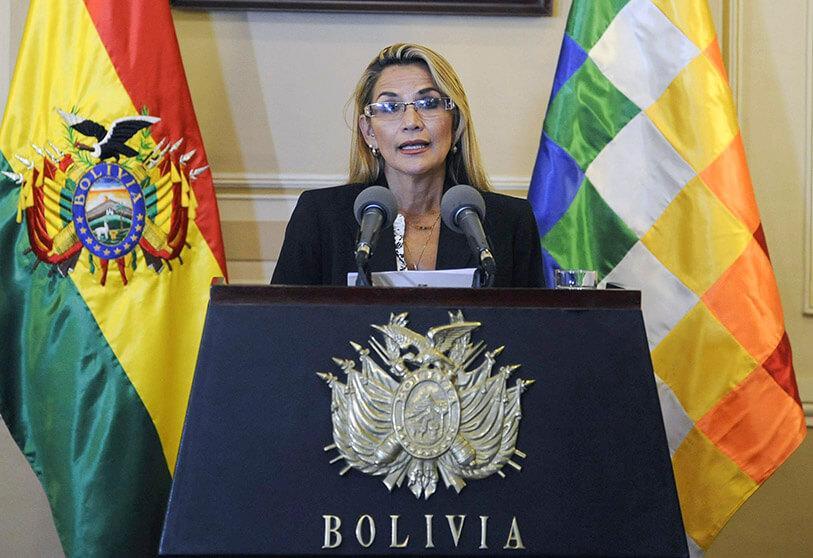In response to a request from the province of British Columbia, the federal Minister of Mental Health and Addictions, Carolyn Bennett, said that an exemption to the law will take effect on January 31, 2023 to allow the possession of opioids, cocaine, methamphetamine and other hard drugs, for a period of three years.
Adults in this Pacific Coast province cannot be arrested or charged for possession of personal doses of up to 2.5 grams of hard drugs, and police cannot confiscate the product.
Instead, users will receive information on how to access medical help for addictions.
“For too many years, ideological opposition to harm reduction has cost lives,” Bennett said at a news conference announcing the pilot program.
“We do this to save lives, but also to give drug users their dignity and (capacity to) decide,” he declared, adding that it would become “a model for other jurisdictions in Canada.”
Kennedy Stewart, the mayor of Vancouver – the epicenter of the opioid crisis – said the decision “fundamentally reframes drug policy to favor healthcare over handcuffs.”
Calling it a “historic, courageous and pioneering step in the fight to save lives from the poisonous drug crisis,” he added that it would also reduce petty crime that is often related to addiction.
Several Canadian cities, including Montreal and Toronto, have indicated a desire for similar exemptions.
The small, left-wing New Democratic Party will present a bill to Parliament on Wednesday to decriminalize drug possession across the country, though it is expected to be defeated.
– Shame and fear –
Bennett emphasized that the exemption attributed to British Columbia “is not legalization.”
But it will make that province the second jurisdiction in North America to decriminalize hard drugs, after the US state of Oregon did so in November 2020.
The Oregon experience so far has offered mixed results, as few people took up addiction treatment, while spending on policing fell.
Substance abuse has left thousands dead in British Columbia. Its Addictions Minister, Sheila Malcolmson, told AFP in November, when she applied for the waiver, that the province was facing “an overdose crisis that is causing a terrible loss of life.”
The pandemic has compounded its effects, he said at Tuesday’s news conference.
“Shame and fear prevent people from accessing the health care they need,” he explained. “And the fear of being criminalized has led many people to hide their addiction and use drugs alone… which can mean dying alone.”
Several drug users consulted by AFP said that the amount of drug allowed by the exemption is too low, because their daily consumption is much higher.
Bennett acknowledged it, but said it’s a starting point.
He also noted that calls are growing in Ottawa to regulate the safe delivery of hard drugs, now often laced with toxic substances.
But first, he added, evidence must be collected on the pilot project to show that the approach works.
According to federal government data, 26,690 people died from opioid overdoses in Canada between January 2016 and September 2021.
In British Columbia, an estimated six people die each day from opioid-related poisonings.
More than 2,200 people died last year, and about 9,400 since the province’s public health chief, Bonnie Henry, declared a public health emergency in 2016.






